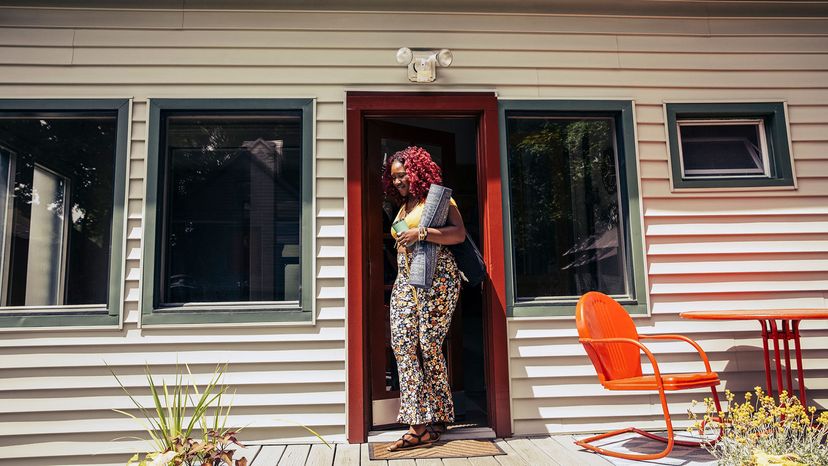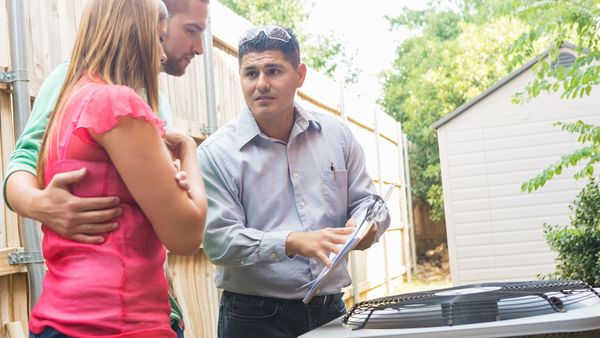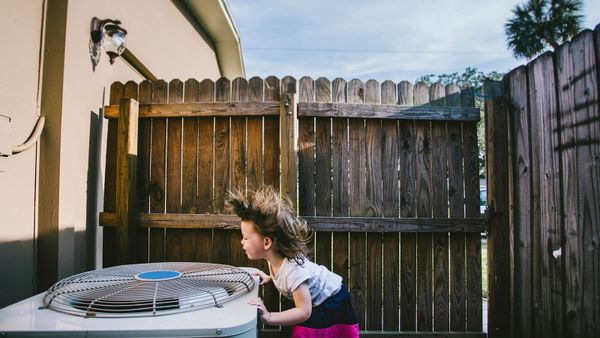
Key Takeaways
- It's more energy-efficient to keep your AC on but set a few degrees higher when you're away from home for the day. Completely turning it off doesn't necessarily save energy as the unit will have to run longer to cool down a hot house upon your return.
- In hot and humid climates, keeping the AC on but at a higher temperature is also important for reducing humidity levels inside the home, which can prevent mold growth and protect electronic items and wood from damage.
- Turning the AC temperature down to a very low setting upon returning home won't cool the house faster but will increase your energy bill, so it's best to maintain a moderate setting.
In these times of ridiculous inflation and over-the-top gas prices, many consumers are looking to save a buck or two wherever they can. Energy costs money, and the more you use it the higher the bill is going to be. In fact, air conditioners account for 6 percent of U.S. electricity costs per year, which is about $29 billion, according to the U.S. Dept. of Energy (DOE).
We know running the air conditioning unit all the time is expensive, but will you save money and energy by keeping it at the same temperature continuously, or by raising it higher when you're out of the house?
Advertisement
A lot depends on how long you'll be gone. Let's find out the best strategies with the help of Logan Kureczka, lead communications consultant at Duke Energy in North Carolina.
Advertisement


